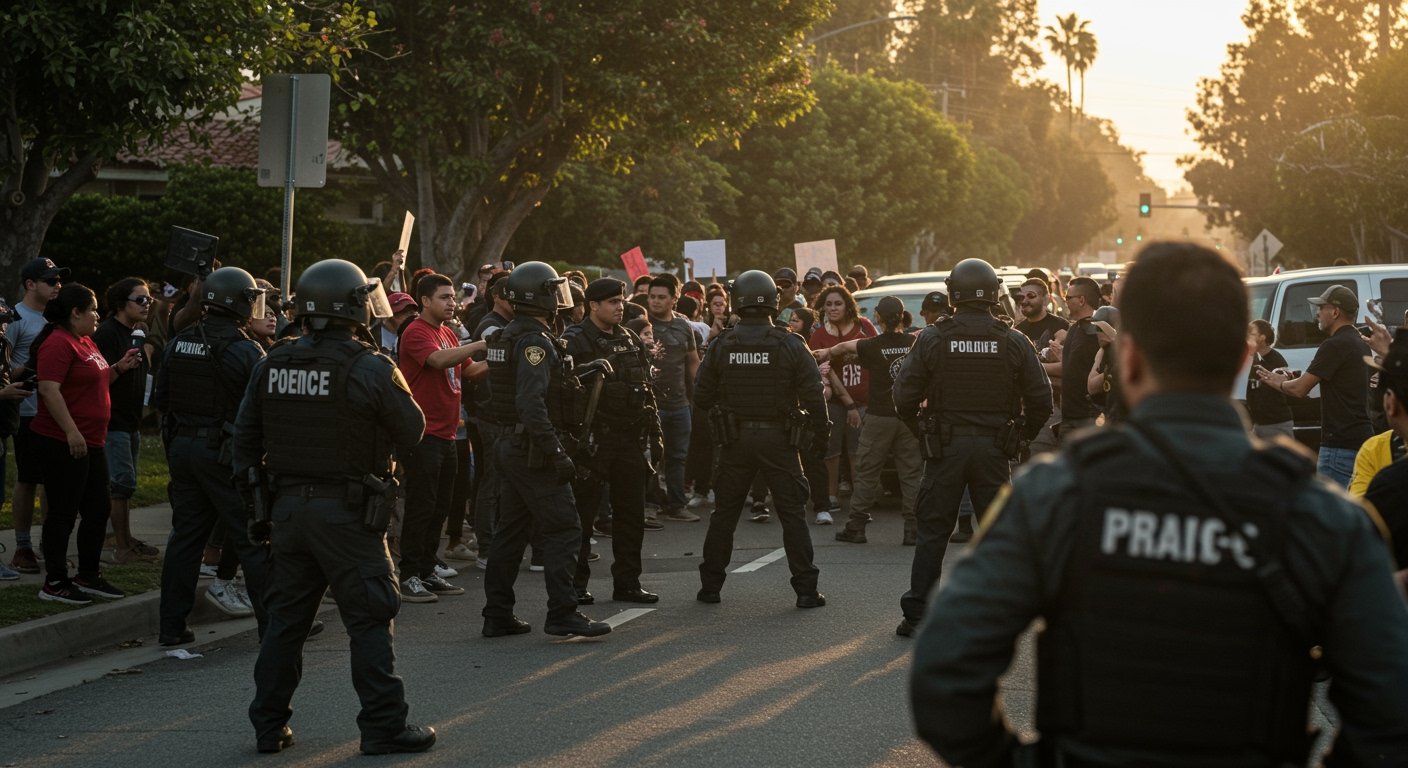United States special envoy Steve Witkoff has arrived in the Russian capital, Moscow, for critical meetings with the nation’s leadership. This significant diplomatic engagement comes just days before a looming deadline set by the White House for Russia to broker a peace deal with Ukraine. The visit is taking place against a backdrop of increasing international tension and escalating rhetoric surrounding the ongoing conflict.
Diplomatic Push as Deadline Approaches
President Donald Trump has issued a clear warning to Moscow, indicating that the United States will impose stringent economic penalties if Russia fails to secure a ceasefire agreement by Friday. The pressure from the American administration underscores the urgency of the situation and the administration’s commitment to finding a resolution to the protracted conflict. Witkoff’s presence in Moscow is seen as a crucial element of this diplomatic push, aiming to engage Russian officials directly on the terms of a potential peace.
Regional Military Posturing and Warnings
The geopolitical landscape has been further complicated by the United States’ recent deployment of nuclear submarines to the region. This strategic move has drawn a cautious response from Russia, which has urged restraint and highlighted the potential for unintended escalation. The naval deployment adds another layer of complexity to the diplomatic efforts, signaling a firm stance from Washington while simultaneously raising concerns about regional stability. The interactions between Witkoff and Russian leaders are expected to heavily involve discussions on de-escalation and military posture.
Potential Economic Repercussions for Trade Partners
Adding to the pressure on Russia, President Trump has also threatened to implement secondary tariffs on nations that continue to engage in significant trade with Moscow, particularly if the offensive in Ukraine persists. This measure specifically targets key trade partners such as China and India, signaling a broader strategy to isolate Russia economically should it fail to comply with the ceasefire demands. The potential for these secondary tariffs introduces a significant economic dimension to the ongoing diplomatic standoff, with wide-ranging implications for global trade relationships. The current situation is being closely watched by international markets and governments alike, as these developing stories highlight the critical juncture in international relations. The trending narratives in global news coverage are focused on the potential ramifications of these diplomatic and economic maneuvers.











